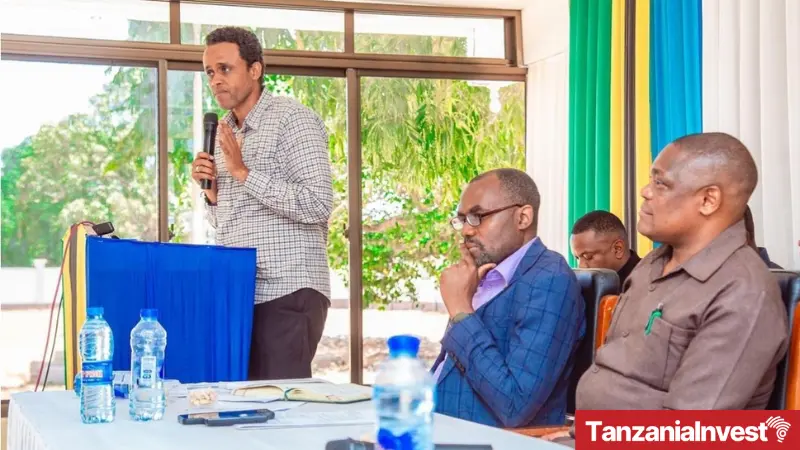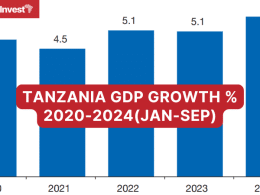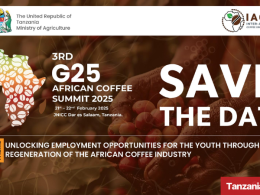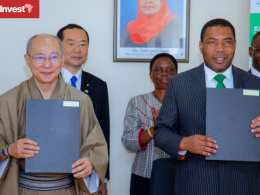On 1st October 2024, Tanzania’s Ministry of Agriculture announced that the raw cashew nut 2024/25 trading season has commenced in the Tanzania Mercantile Exchange (TMX) system.
The new season officially began on 1st September 2024, and sales auctions will begin on 11th October 2024.
The TMX system was established to manage digital auctions to increase market certainty, freedom to determine prices, and payment security, promoting competition for farmers’ crops in the country.
The system protects farmers by ensuring they receive payments directly from Cooperative Unions instead of through Primary Cooperative Societies (AMCOS).
The bidder must have a raw cashew nut buying license for the 2024/2025 crop season issued by the Cashewnut Board of Tanzania (CBT), and the selling price will be in Tanzania shillings (TZS).
Speaking during a meeting with cashew stakeholders in the Mtwara region, the Minister of Agriculture, Hon. Hussein Bashe, highlighted: “We must have a strong system to track who produces the crop, where it is produced, and its quality (traceability) to align with the international market for cashew farmers. The TMX and Commodity Market Exchange system is the solution we need, and we will continue improving the system as necessary.”
“The factors that we control as farmers are crop quality and production efficiency, and these open up stable markets for our products. Productivity and quality are what will bring good prices in the markets,” added Minister Bashe.
On his part, the Director of CBT, Alfred Francis explained: “We have also planned to provide training on cashew sales using a TMX demo system so that sellers and buyers can gain knowledge before its use during the sales season.”
The Tanzania Mercantile Exchange (TMX) System
Launched in 2018, the Tanzania Mercantile Exchange (TMX) system is the first commodity exchange system in Tanzania that is designed to provide a structured platform for farmers, traders, exporters of Tanzania commodities, and other market players to access both domestic and global markets.
It enables participants to trade various commodities while ensuring fair pricing, quality, quantity, and secure transactions.
One of TMX’s key objectives is to enable farmers to make informed decisions about crop choices based on spot and futures prices provided by the exchange rather than relying on current market prices.










